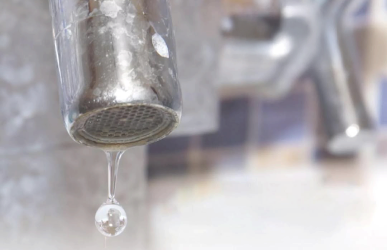Causes of Calcification in Your Home Appliances

Calcification in your home appliances can develop due to several main factors. These factors can shorten the life of your home appliances and negatively affect your water quality.
Hard Water: In Turkey and many other regions, groundwater is generally high in minerals. Among these minerals, calcium and magnesium ions are the main elements that determine hardness, and as their concentration in your water increases, the likelihood of calcification increases.
High Temperatures: When water is heated, minerals such as calcium carbonate lose their solubility and cause calcification. Water heaters, tea machines and steam-producing products can be particularly affected by this condition.
Chemical Reactions: The pH value of your water and other chemicals it contains can accelerate the precipitation of minerals. Scale formation can also be observed as a result of electrochemical reactions on metal surfaces that come into contact with water.
Low Flow Rates: When water flows slowly in pipes or your appliances, the chances of minerals accumulating and precipitating are higher. This causes scale to accumulate more quickly.
Inadequate Maintenance and Cleaning: If your appliances that work with water are not cleaned and maintained regularly, scale and other deposits will be more prone to accumulation.
Knowing the hardness level of the water you use and taking appropriate measures is vital to reducing calcification in your home appliances. Periodic Hard Water will extend the life of your appliances and improve your water quality. Using filter systems that are appropriate for the hardness level of your water can be an effective strategy to prevent calcification.
